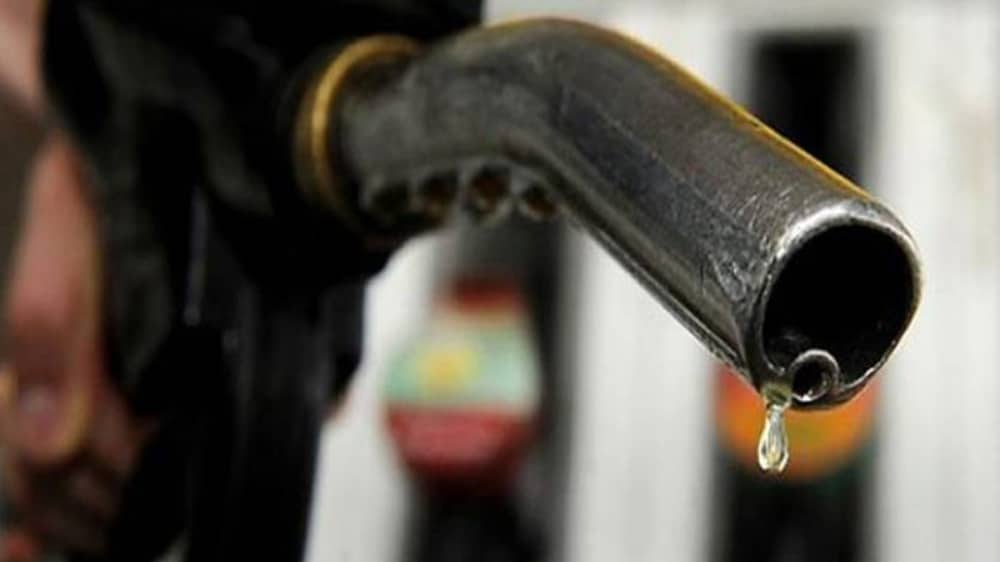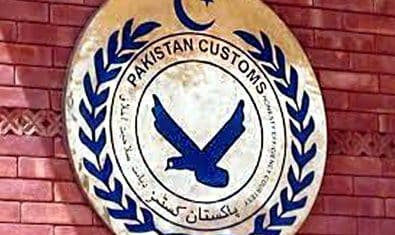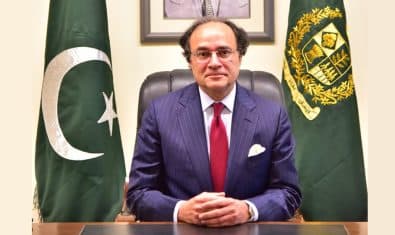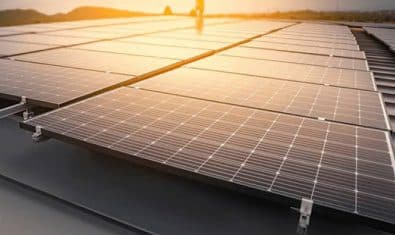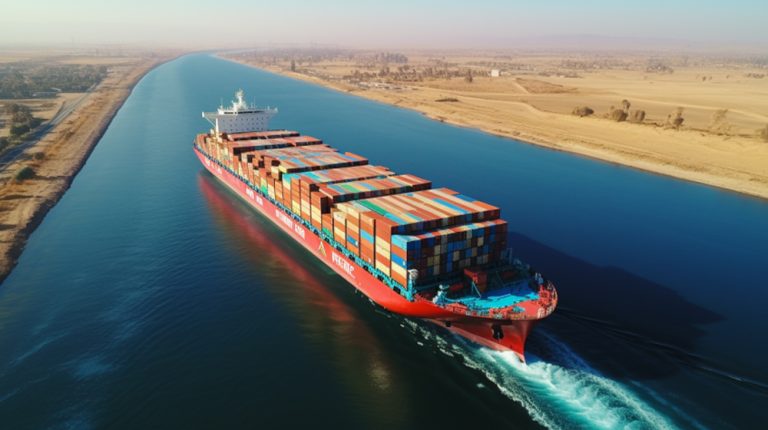The federal government is considering a move to levy a carbon tax on petroleum and similar products or increasing the petroleum levy threshold up to Rs. 100 per liter in the upcoming budget in response to pressure from the International Monetary Fund (IMF).
According to a report in Dawn, the government is considering the move as IMF pushes for an integrated general sales tax (GST) to achieve the benefits of the value-added tax (VAT) for documentation and digitization.
The carbon tax is just one of the measures being considered by the government to help get cheaper loans and grants from multilateral institutions and better access to green and e-bonds.
The IMF has demanded that the government bring back GST on petroleum products alongside a petroleum levy of up to Rs. 60 per liter. Meanwhile, Pakistan has proposed reintroducing the carbon tax or increasing the petroleum levy to Rs. 100 per liter for the next fiscal year.
The government has proposed the carbon tax and an increase in levy as alternates to imposing GST because revenue generated from petroleum products stays fully in the federal kitty as opposed to the GST in which provinces have a share.
It is pertinent to mention here that the government is currently collecting a petroleum levy of Rs. 60 per liter on both petrol and high-speed diesel and has collected Rs. 720 billion in the first nine months of the current fiscal year. Under IMF commitments, the government had set a budget target to collect Rs. 869 billion as petroleum levy during the ongoing fiscal year (FY24).
Withholding tax on non-filer bank transactions
Other revenue-enhancing proposals include charging a 1 percent withholding tax on non-filer bank transactions of Rs. 50,000 or more and increasing the tax-to-GDP ratio by 3 percent.
The government aims to expand the tax base by converting GST into a true VAT system. This includes extending the tax base to retail and wholesale sectors, agriculture, and implementing uniform income tax rates across all income sources.
Authorities have already committed to ongoing adjustments in gas and electricity tariffs, and efforts to reduce energy costs and circular debt. Chances are the next fiscal year will continue to see a tight monetary policy stance and more effort toward adopting a market-based exchange rate.

Follow ProPakistani on Google News & scroll through your favourite content faster!
Support independent journalism
If you want to join us in our mission to share independent, global journalism to the world, we’d love to have you on our side. If you can, please support us on a monthly basis. It takes less than a minute to set up, and you can rest assured that you’re making a big impact every single month in support of open, independent journalism. Thank you.
